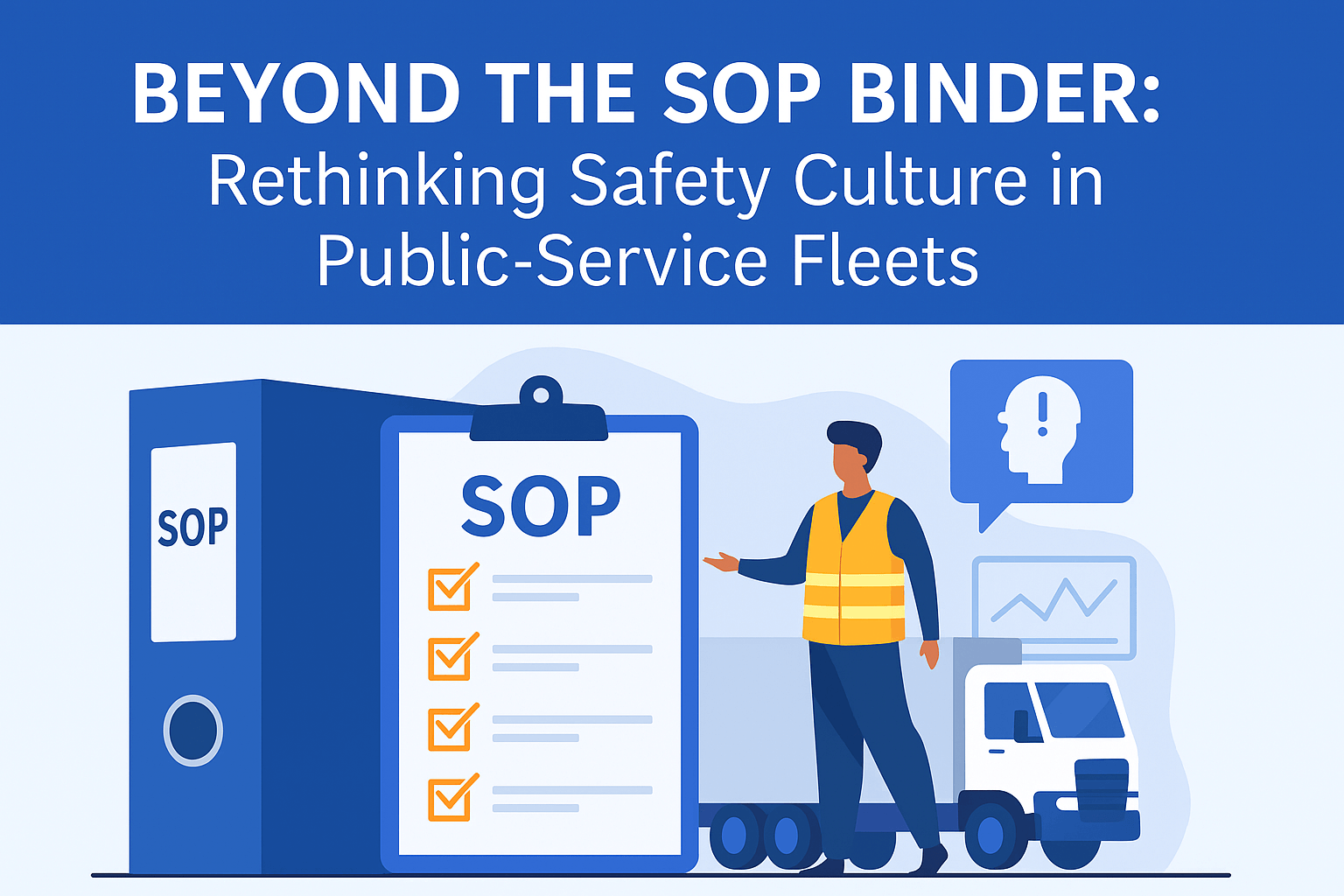
- Fleet Training
-
Other Solutions
- Other solutions
- CDL Training
- Court Diversion
- Driving School
- Drivers Education
-
Fleet Resources
- FlEET RESOURCES
- Fleet Operations
- Roadrageous Podcast
- About Us







